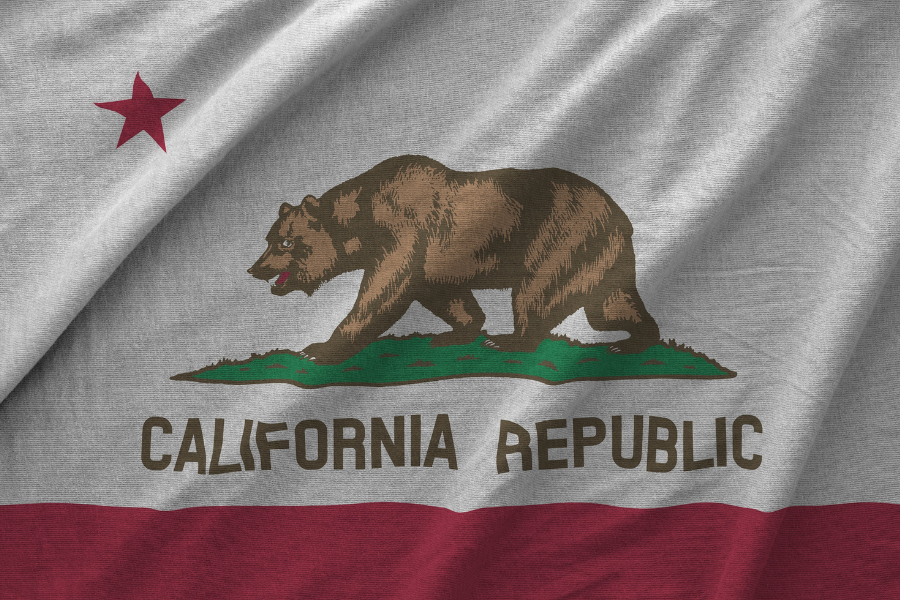Google has long been conservative with gambling-related content, historically limiting advertising to state-run lotteries and horse racing. However, the new policy reflects Google’s responsiveness to the evolving legal landscape surrounding online gaming.
“On July 15, 2024, the Google Ads Gambling and games policy United States country-specifics will be updated,” reads Google’s release, highlighting a pivotal moment for DFS advertising.
California: A Lucrative Market
California’s allure is undeniable. Home to a plethora of major sports teams and a robust esports community, the state represents a goldmine for DFS operators. Despite the state’s stringent stance on CA online sports betting, which remains illegal largely due to the stronghold of local casinos, DFS operates in a legal gray area.
There are no explicit laws that make DFS illegal, nor are there laws that expressly legalize it. This ambiguity has allowed companies like DraftKings to continue their operations without hindrance.
DraftKings and other DFS operators view California’s market as a substantial opportunity. The state’s population and passion for sports make it an ideal target for DFS services. As per the existing legal framework, “DraftKings DFS operations and the DFS operations of other companies continue to run smoothly” in California. This status quo has persisted due to the non-commitment by California lawmakers, which DFS operators perceive as tacit permission to operate.
Google’s Strategic Move
Google’s policy update will enable DFS advertisements in 17 states, including California. This is a notable development considering the historical context of Google’s advertising restrictions.
“We will begin to accept and run ads for Daily Fantasy Sports operators in Alaska, California, Florida, Georgia, Kentucky, Minnesota, Nebraska, New Mexico, North Carolina, North Dakota, Oklahoma, Rhode Island, South Dakota, Utah, West Virginia, Wisconsin, and Wyoming,” the announcement states.
For advertisers, the new policy comes with stringent requirements. “Advertisers must apply for certification,” ensuring that only legitimate and compliant operators can leverage Google’s advertising platform. Additionally, if targeting ads in a state that does not require a license, advertisers must be licensed in at least one other U.S. state that does. This stipulation underscores Google’s commitment to regulatory compliance and consumer protection.
Compliance and Certification: The New Norm
Google’s revised guidelines demand rigorous adherence to legal standards and operational transparency. Advertisers must navigate a comprehensive certification process, providing evidence of licensing, customer data protection, and overall legal compliance. This is aimed at safeguarding consumers and maintaining the integrity of the advertising ecosystem.
“Certification thus becomes synonymous with service integrity,”
highlighting Google’s efforts to ensure that only reputable services can advertise. Advertisers must demonstrate compliance with state-specific regulations and Google’s certification processes. This includes delivering proof of licensing and extensive operational details, reflecting a thorough evaluation to prevent untrustworthy services from gaining approval.
Implications for the Future
The implications of this policy change are far-reaching. For DFS operators in CA, the state represents a significant expansion opportunity. The state’s vast sports fan base and strong esports presence make it an enticing market. Google’s policy shift enables these operators to tap into this potential, provided they adhere to the strict compliance and certification requirements.
As the digital advertising landscape evolves, Google’s move sets a precedent. It is highly likely that other platforms will follow suit, recognizing the growing legitimacy and economic significance of DFS. For businesses, navigating these changes will require meticulous strategy alignment and a proactive approach to regulatory compliance.




